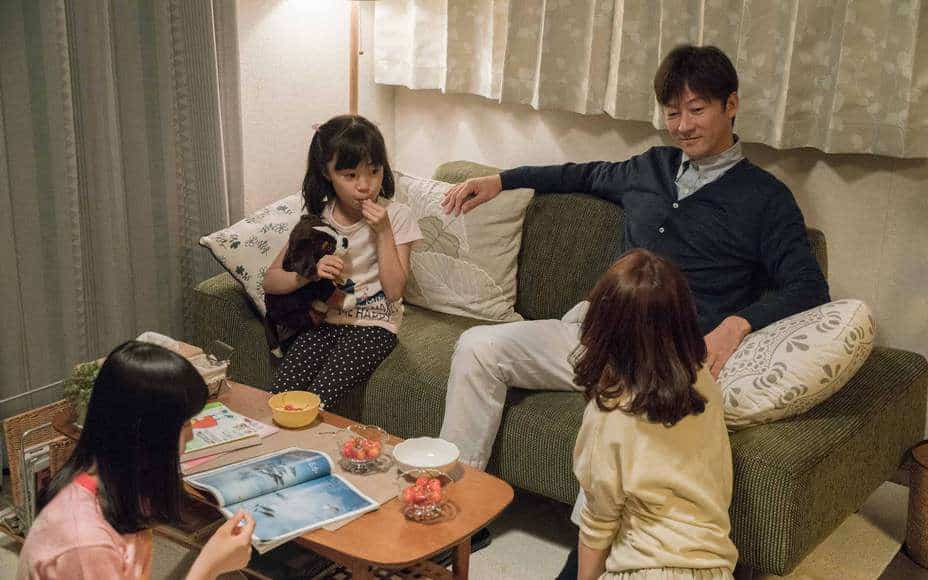Absent (2017) by Sudarshan Suresh (16 min)
Zola can barely keep her head above water between the demands of a stressful job and the heavy burden of taking care of her invalid elderly mother. When she runs into an old fling, she sees a fleeting chance to escape the mundane treadmill of her life, and just for one night indulge in some romance, but things do not go exactly as expected.
Sudarshan Suresh presents a film that examines the balance between what someone wishes and what he is “obliged” to do, along with the difficulties modern life presents, particularly for people who have to take care off someone invalid and work at the same time. His take on the subject is quite obvious, since the night Zola spends is not as great as she imagined, with the ties that bond her with her mother eventually taking charge. On the other hand, the fact that at least some moments of simple entertainment (and flirt) are also a necessity, is also stressed. His aesthetics are closer to American film than Indian, while the music is one of the highlights, particularly in the night club scene.
The film is quite good in making its point, and I would like to see Suresh directing a character-study feature about a contemporary social topic.
The Caregiver (2017) by Ruthy Pribar (12 min)

Following a short trip to visit his family back in India, Raj returns to Israel and his work as caregiver to an elderly man, only to be greeted by a Filipino woman who seems to have taken over his job. When it becomes clear that the old man prefers a female presence around the house, Raj must find a way to reclaim what he feels is rightfully his.
Ruthy Pribar directs a short that deals with the reality of immigrant workers, who have to compete with others in similar situations for a meager salary, usually for jobs that demand too much time and effort from them. While the basis of the film is this social subject, the atmosphere emits a sense that is very close to the one in thrillers, like something dangerous is lurking beneath the story and is ready to unveil itself at any time. This sense is heightened by both Daniella Nowitz's cinematography and lighting, with the film including a number of impressive frames, and Alon Peretz's music .
The short is very well shot, and I would like to see Pribar shooting a thriller with social implications.
Fisherwoman and Tuk Tuk (2015) by Suresh Eriyat (15 mins)

When she discovers a pearl in the belly of a fish, a Konkani fisherwoman resigned to a mundane life of daily struggle, abandons her trade and indulges in her wildest fantasy. She buys herself a brightly colored rickshaw (“tuk tuk”) and starts to cruise at lightning speed through the winding roads of her coastal village, with her cats in tow. Finally released from her daily drudgery, ecstatic at her newly found sense of power and freedom, she is the talk of the town and her own greatest hero, when, suddenly, an accident threatens to thwart her indomitable spirit.
My first experience with Indian animation is a great one, with Suresh Eriyat presenting a delightful short that thrives on character creation, drawing, and most of all, colors, which are as motley as possible. Humor seems to be the basis of the film, but Eriyat presents a social comment regarding the nouveau riche and the blights their behaviour can bring to them. His ending remark is a bit harsh and melodramatic, but the story kind of justifies it.
Tintu K. Philip's editing induces the film with an uncanny pace, which, with the combination of the vivid colors, both in characters and surroundings, results in a very entertaining spectacle. The extreme drawing of the characters and particularly of the protagonist also fit the general aesthetics.
Overall, it is quite obvious that Eriyat has what it takes to direct a feature animation, and I cannot wait to see such a film.















